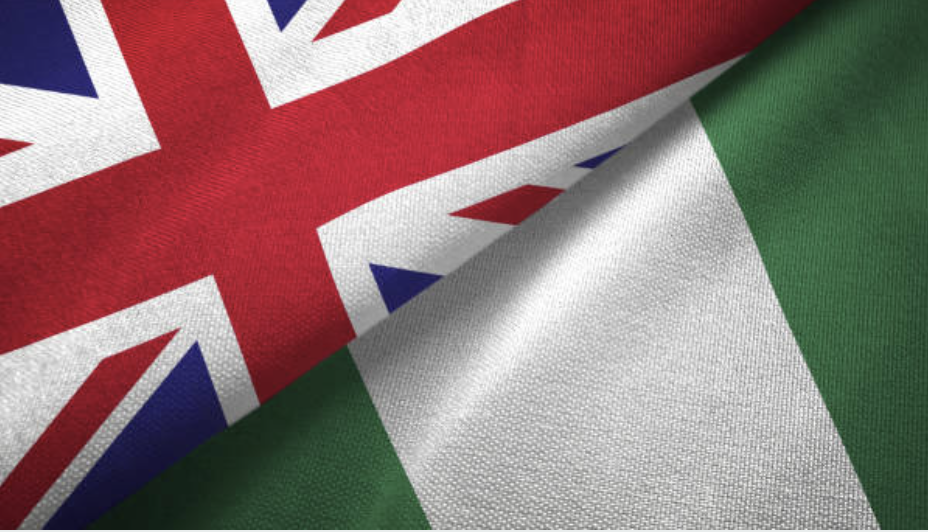Since the 1970s, Nigeria’s export base has depended mostly on crude oil, which accounts for over 80% of federal government revenue.
This heavy reliance has had unwelcome impacts on the economy thanks to fluctuations in oil price and exchange-rate crises.
Meanwhile, non-oil exporters struggle to break into the global market, owing to restrictions caused by high tariffs and strict documentation standards that are required of local goods destined for international markets.
As a result, the country’s potential in manufacturing and agriculture is still underutilised with little competitiveness when it comes to value-added exports.
Enter the UK’s tariff waiver
To transform trade relations, the United Kingdom agreed to waive tariffs on over 3,000 Nigerian products. The agreement, sealed under the Developing Countries Trading Scheme, aims to simplify trade and enhance market access for Nigerian exporters.
Despite disruptions in global trade caused by the pandemic, both countries have maintained a thriving business relationship in recent years. For example, trade between the two countries stood at £7.9 billion in the 12 months ending March 2025, according to the UK government.
The UK’s DCTS builds on this momentum, signalling renewed commitment to deepening economic ties.
Simplfied trade, lower costs
Under the scheme, Nigerian exports such as soybeans, textiles, leather, cashew nuts, ginger, cocoa and sesame seeds will enjoy minimal or zero tariffs.
But that’s not all. By easing market entry requirements and streamlining documentation, it will lower export costs, spurring export growth and increasing foreign-exchange earnings.
The initiative also promotes continuous UK-Nigeria collaborations on export standards and readiness to ensure products manufactured in Nigeria meet global standards on quality and can reach UK stores in a short time.
What’s more, this creates more opportunities for private-sector growth through local processing and manufacturing.
These are vital steps toward correcting longstanding structural weaknesses in Nigeria’s trade profile, where raw commodities often leave the country unprocessed, depriving local industries of potential growth.
In sync with continental trade ambitions
Beyond Nigeria, similar initiatives to improve the competitiveness of the continent are afoot. Notable among them are the African Continental Free Trade Area, or AfCFTA, and the EU-West Africa Economic Partnership Agreement, or EPA. Both aim to expand export opportunities through fairer trade rules.
Nigeria’s Ministry of Industry, Trade and Investment has collaborated with development programmes such as Propcom+ and the Nigerian Export Promotion Council, or NEPC, on boosting exporters’ awareness about improving standards compliance and digitising trade documentation.
Together, these initiatives foster an enabling environment for small- and medium-scale exporters to prosper.
For all its promise, the success of the DCTS hinges on Nigeria’s capacity to meet export standards, improve logistics and ensure consistent production.
Moreover, challenges such as infrastructural gaps and limited access to finance abound.
Without strong supporting mechanisms like credit facilities, testing labs and certification centres, the benefits of the scheme are unlikely to cover plenty of small producers.
More than just a trade gesture, the UK’s tariff relief reflects growing confidence in Nigeria’s ability to diversify its economy and compete internationally.
However, both governments must continue to collaborate on export readiness, while the private sector scales innovation and compliance.
And with proper execution, it could turn Nigeria’s journey towards a more export-focused economy.
Summary not available at this time.






